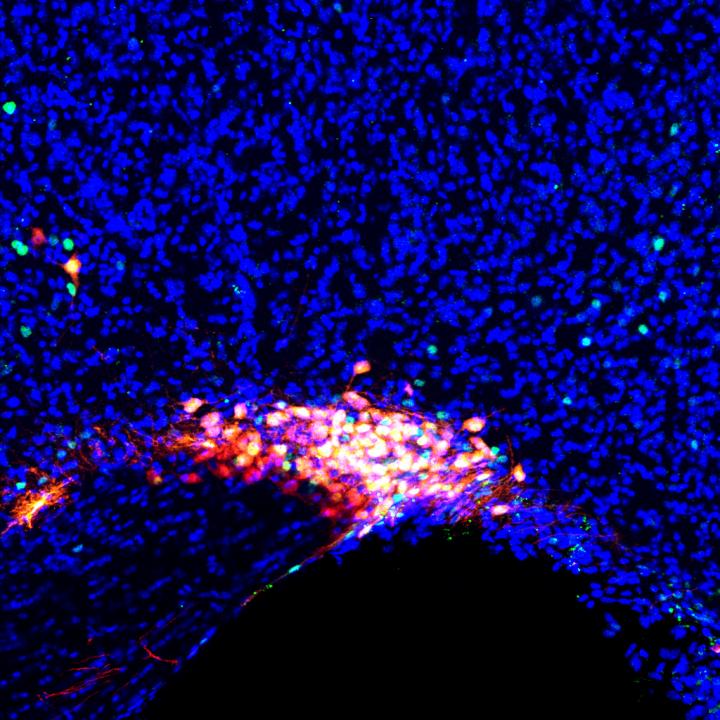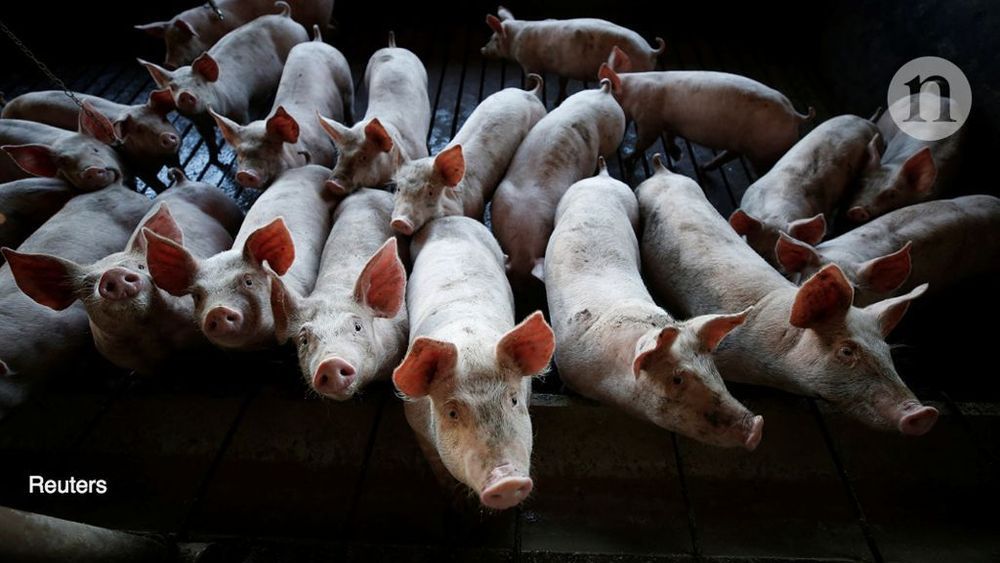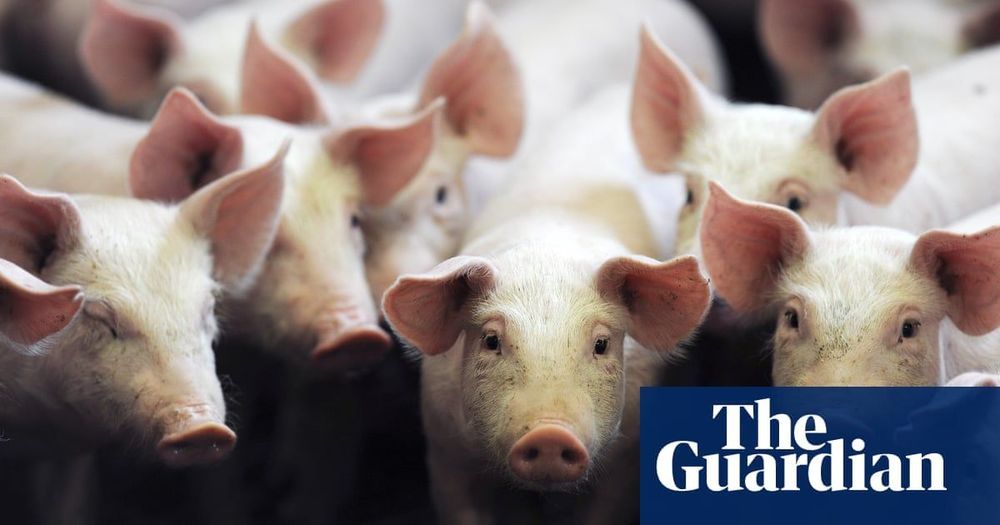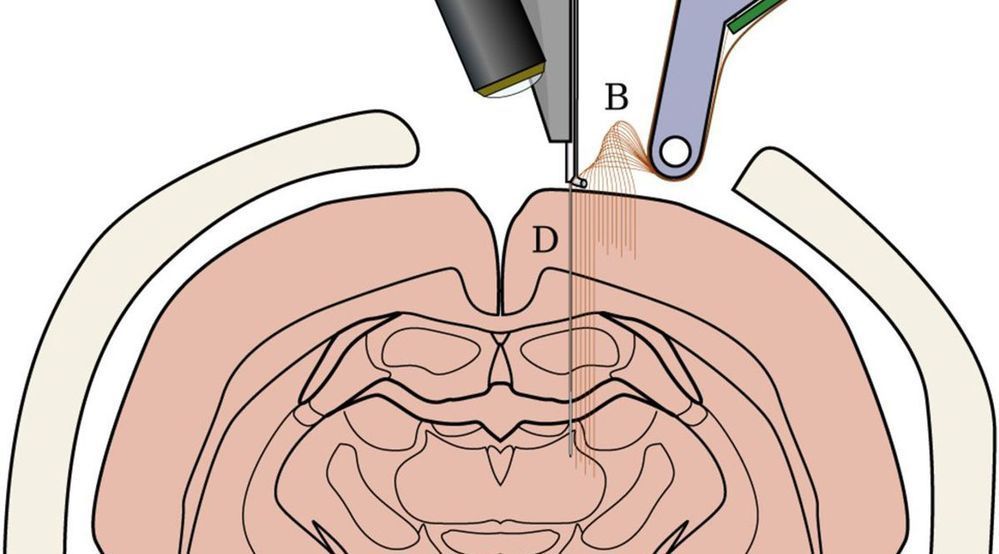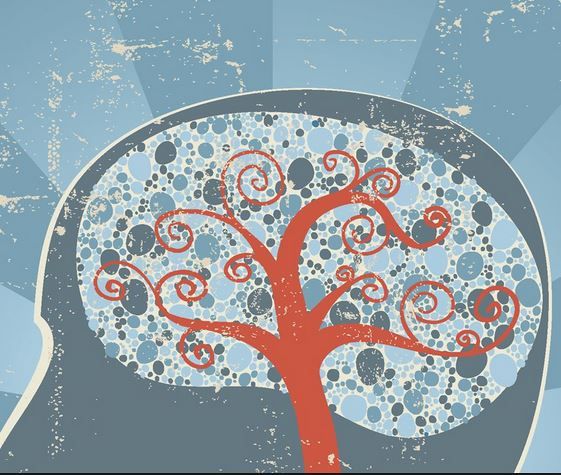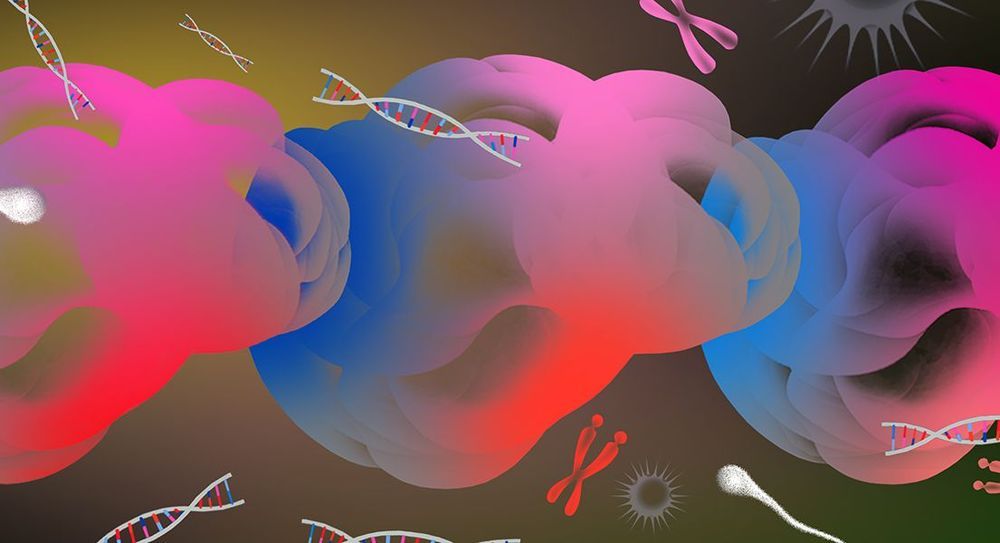Archive for the ‘neuroscience’ category: Page 780
Apr 21, 2019
Scientists Discovered Where Anesthesia Works On the Brain
Posted by Mike Ruban in categories: biotech/medical, neuroscience
A medical miracle happened about 170 years ago when scientists discovered general anesthesia that enables millions of patients to undergo invasive, life-saving surgeries without pain. However, in spite of decades of research, scientists cannot understand why general anesthesia works.
In a new study published online in Neuron, scientists believe they have discovered the part of the answer. A team of researchers from a Duke University found that several different general anesthesia drugs knock out the patient by hijacking the neural circuitry that the person falls asleep.
They traced this neural circuitry to a tiny cluster of cells at the base of the brain responsible for churning out hormones to regulate bodily functions, moods, and sleep. The discovery is one of the first to indicate a role for the hormones in maintaining the state of general anesthesia and provides valuable insights for generating newer drugs that could put people to sleep with fewer side effects.
Continue reading “Scientists Discovered Where Anesthesia Works On the Brain” »
Apr 20, 2019
A psychology experiment unexpectedly discovered a man who can’t cooperate because of brain damage
Posted by Genevieve Klien in category: neuroscience
When someone’s especially cooperative, don’t thank their easy-going nature, but give credit to their brain. A team of New York University psychologists hypothesized that cooperation depends on the dorsolateral prefrontal cortex (DPC), an area of the brain in the frontal lobe involved in regulation control and goal pursuit; after all, cooperation often requires reigning in one’s naughty impulses to take everything for themselves. To test their theory, the researchers conducted an experiment involving participants with brain damage to the DPC—and discovered someone who would not cooperate at all.
For the study, published last year in the journal Social Cognitive and Affective Neuroscience, the researchers recruited 26 healthy control participants alongside 33 participants with brain damage: eight who had frontal-lobe damage, 14 with amygdala damage, and 11 with damage in other areas of the brain. The participants were split into groups of four, and then put through 20 rounds of a decision-making scenario where each person was given $8 and told they could keep it for themselves, or share it equally with the group. After each round, the participants saw whether the others in their group chose to share. Overall, participants cooperated by sharing their money 38.5% of the time.
More interestingly, participants with damage to their DPC were more likely to keep the $8 for themselves. “Overcoming that intuition to be selfish requires them to regulate their response,” says Jay Van Bavel, a professor of psychology at NYU, and one of the study authors. “You just reach and grab for the money whenever you can take it. As people had more damage to their DPC, they were more likely to be selfish.”
Apr 20, 2019
Part-revived pig brains raise slew of ethical quandaries
Posted by Derick Lee in category: neuroscience
The work also raises a host of ethical issues. There was no evidence of any global electrical activity — the kind of higher-order brain functioning associated with consciousness. Nor was there any sign of the capacity to perceive the environment and experience sensations. Even so, because of the possibilities it opens up, the BrainEx study highlights potential limitations in the current regulations for animals used in research.
Researchers need guidance on animal use and the many issues opened up by a new study on whole-brain restoration, argue Nita A. Farahany, Henry T. Greely and Charles M. Giattino. Researchers need guidance on animal use and the many issues opened up by a new study on whole-brain restoration, argue Nita A. Farahany, Henry T. Greely and Charles M. Giattino.
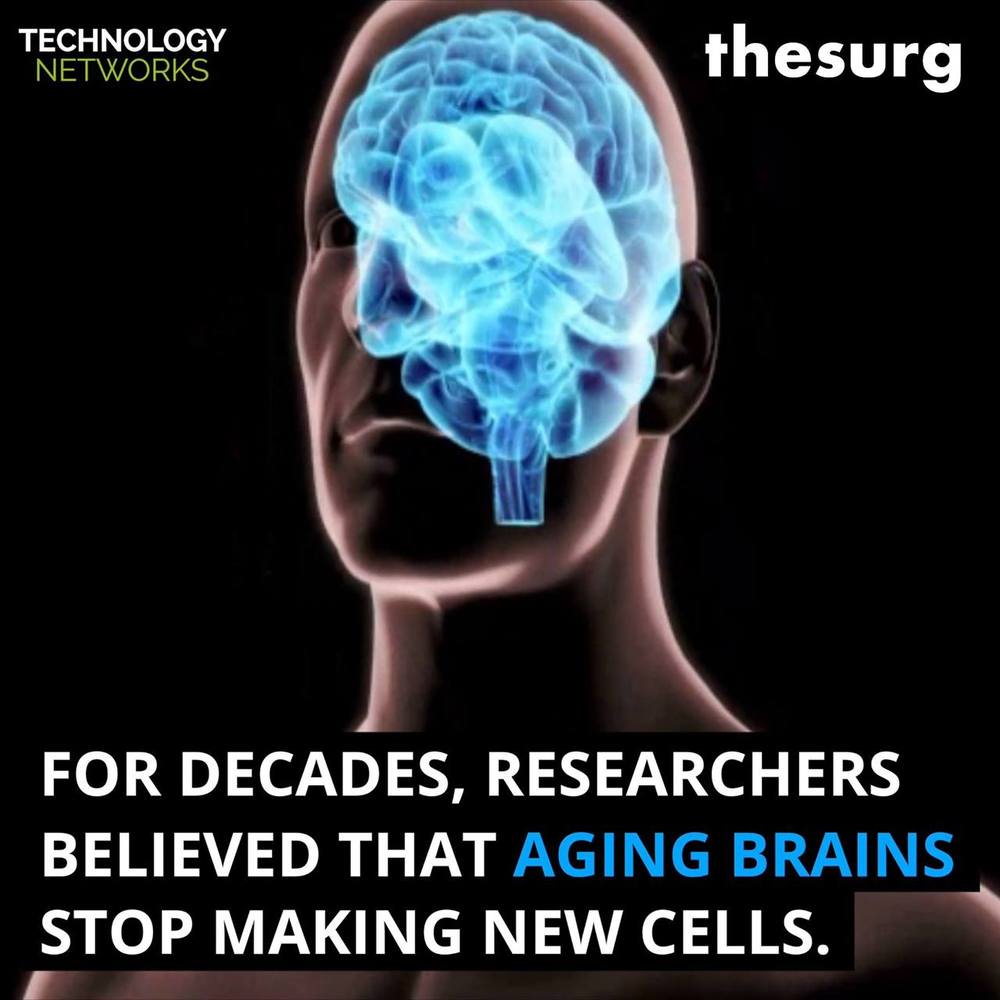
Older people can still grow new brain cells like young people, new study shows. Reference: http://
Older people can still grow new brain cells like young people, new study shows. Reference: surg.ws/2GYVXOU
Video by The Surg in association with Technology Networks.
Apr 19, 2019
Researchers ‘reboot’ pig brains hours after animals died
Posted by Shailesh Prasad in categories: biotech/medical, neuroscience
The brains of decapitated pigs can be partially revived several hours after the animal has died, researchers have revealed, with some of the functions of cells booted back up when an oxygen-rich fluid is circulated through the organ.
The scientists stress that the brains do not show any signs of consciousness – for example, there was no sign that different parts of the brain were sending signals to each other – and that it does not change the definition of death.
But they say they have found a way to prevent brain cells from sustaining irreparable damage as blood stops circulating, and even to restore some of the cells’ functions.
Continue reading “Researchers ‘reboot’ pig brains hours after animals died” »
Apr 19, 2019
Scientists restore some functions in a pig’s brain hours after death
Posted by Narenda Har in categories: biotech/medical, genetics, neuroscience
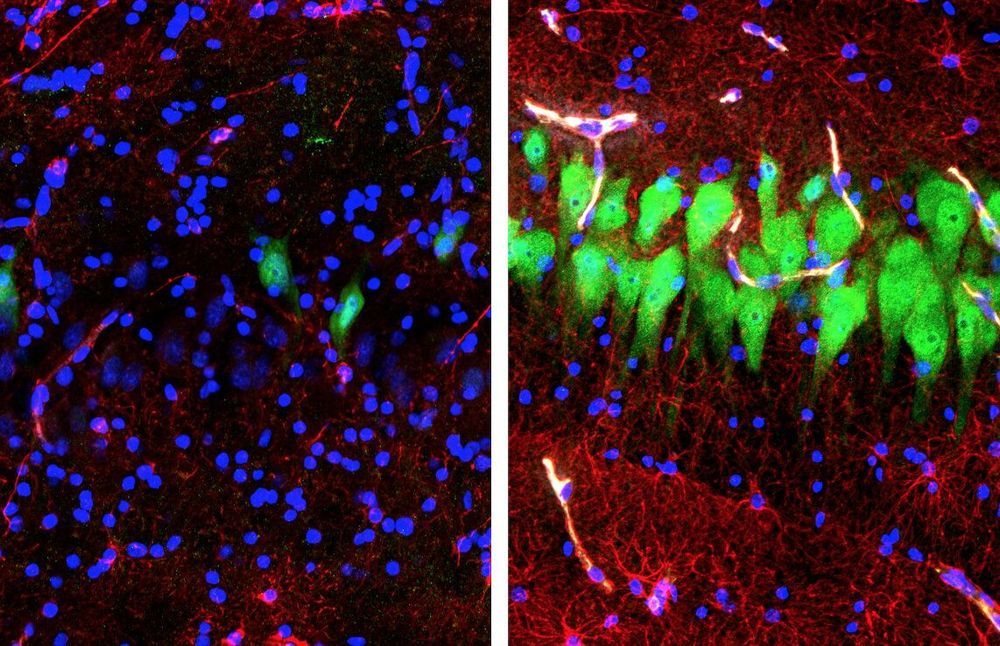
Circulation and cellular activity were restored in a pig’s brain four hours after its death, a finding that challenges long-held assumptions about the timing and irreversible nature of the cessation of some brain functions after death, Yale scientists report April 18 in the journal Nature.
The brain of a postmortem pig obtained from a meatpacking plant was isolated and circulated with a specially designed chemical solution. Many basic cellular functions, once thought to cease seconds or minutes after oxygen and blood flow cease, were observed, the scientists report.
Continue reading “Scientists restore some functions in a pig’s brain hours after death” »
Apr 18, 2019
Team Linked to Elon Musk Edges Closer to Brain Computers
Posted by Klaus Baldauf in categories: computing, Elon Musk, neuroscience
Apr 18, 2019
MD Stem Cells New Alzheimer’s Stem Cell Treatment Shows Early Benefits
Posted by James Christian Smith in categories: biotech/medical, neuroscience
The first thing our doctor noticed the day after his patient received the ACIST stem cells was her saying hello to him in a heartwarming fashion — completely different from the day before treatment when she was quiet and withdrawn. Post-op day one was a new beginning for this beloved mother and her daughter, fighting moms Alzheimers disease together.
When I brought the car to start driving her home, my mother got in and instead of being confused and trying to put the safety belt into the door as was typical, she put it in the buckle! excitedly explained her daughter during a call while driving home that same day.
Her mother had enrolled in MD Stem Cells new Alzheimers Autism Cognitive Impairment Stem Cell Treatment Study or ACISThis is the first open-label, non-randomized study designed for patients with dementias, including Alzheimers, treating them with their own bone marrow stem cells called BMSC. All enrolled patients receive active BMSC treatment- there is no placebo arm — making it different from most drug studies.
Continue reading “MD Stem Cells New Alzheimer’s Stem Cell Treatment Shows Early Benefits” »
Apr 18, 2019
The Quest For the Roots of Autism — and What It Says About Us All
Posted by Genevieve Klien in category: neuroscience
The more researchers look, the more multifaceted the risk factors appear — and the more we learn about how the brain works and develops.

